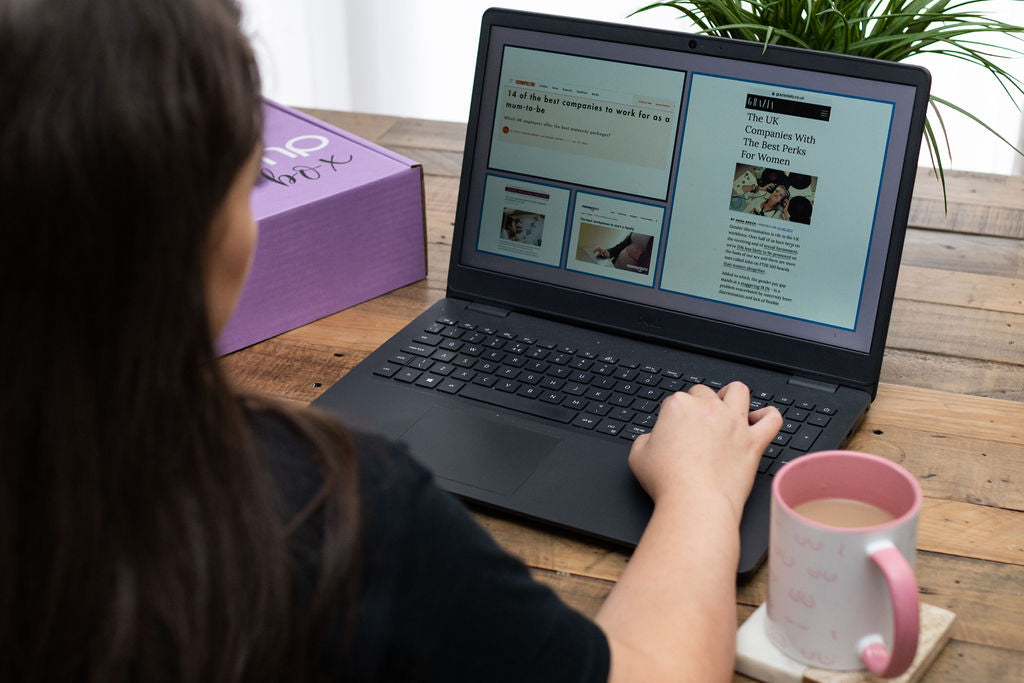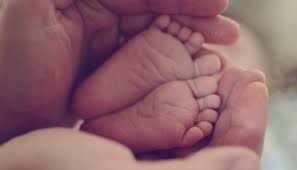Do’s and Don’ts of Your First Trimester
Your first trimester is exciting and it’s the fastest stage of growth for your baby. It’s essential to look after yourself properly to give your baby the healthiest start to life. It can be quite an overwhelming time so we’ve summarised the most important do’s and don’ts of your first trimester here to make things a bit easier for you.
Do’s
Have your first prenatal appointment
During this appointment with your chosen practitioner, you’ll have a physical check, a blood test and a review of your medical history. Take a list of questions you have about your pregnancy as this is the perfect time to get them answered. You can also discuss prenatal tests, which screen for issues such as congenital heart defects and chromosomal abnormalities.
Prepare for morning sickness
You will, unfortunately, suffer from morning sickness but there are steps you can take to minimise its effects. First, reduce the size of your meals and eat them more frequently. It’s also a good idea to eat bland food to avoid feeling nauseous. To stave off morning sickness, you can also drink specially formulated types of tea and sweets.
Take a prenatal vitamin
The most important aspect of this is to increase your folic acid intake. Folic acid helps protect your baby against birth defects to the spinal cord and brain.
Stay hydrated
Drinking plenty of water can help keep some of the unpleasant aspects of your first trimester at bay, such as morning sickness, constipation, dizziness and headaches.
Eat food that is rich in antioxidants
This is beneficial for both you and your baby’s health. Include foods like carrots, spinach, blueberries and bananas.
Get some exercise
Don’t go overboard with this — just pursue your normal activities to ensure you have some daily exercise. It helps to combat hormonal changes and reduce any complications. Walking and low-impact exercise like yoga are especially good for you during pregnancy.
Limit any stress
Stress is detrimental to your health and that of your baby and it can increase your tendency to have headaches. Try to stay calm, breathe deeply and avoid the things that cause you to get stressed. If anything about your pregnancy is making you feel anxious you can speak to a midwife who can give some reassurance.
Get plenty of rest
Try to take naps during the day when you can and go to bed earlier than normal.
Make sure your vaccinations are up to date
This is especially recommended for your flu vaccination. Experts state that you are more vulnerable to flu during pregnancy so the vaccination gives you added protection whilst reducing the risk of pregnancy complications.
Visit the dentist
The hormones released in your body during pregnancy can affect your gums so don’t be surprised if they bleed slightly. You may also suffer from pregnancy gingivitis, which can lead to more severe gum disease if you don’t get it treated. You can benefit from free dental care via the NHS when you’re pregnant so take advantage of it and keep your gums healthy!
Don’ts
Drink alcohol
Avoid all alcohol as it can adversely affect your baby’s development and can lead to miscarriage, premature birth or stillbirth among other issues.
Smoke
This one is big no. Smoking can cause birth defects and can lead to complications, such as premature birth, a low birth weight or miscarriage.
Drink too much caffeine
You don’t need to avoid this altogether but it’s important to cut your caffeine intake right down, no matter how tired you feel. Caffeine can affect your baby’s heart rate and can also lead to miscarriage. A small amount of caffeine, though, is acceptable if you really can’t do without it.
Eat raw or undercooked foods
Raw and undercooked foods can contain parasites or bacteria, which can cause serious infection. Be particularly careful with meat, seafood and eggs.
Stay in the same position for too long
Sitting or standing for too long can be bad for your veins and ankles. Remember to move around frequently, even if you really don’t feel like it! If your legs hurt after you’ve been standing, elevate them for a while.
Get too overheated
By that, we mean don’t spend time in a hot tub, sauna or steam room. If you have a bath, avoid a long soak. If your body temperature gets too hot, it can be harmful to both you and your baby.
Clean out the litter tray
Feline waste contains parasites and one in particular – Toxoplasma gondii – can be very dangerous when you’re pregnant. Ask a partner or family member to take over this job for you. Don’t worry, you can still cuddle your cat — it’s only their litter tray you need to avoid.



Leave a comment